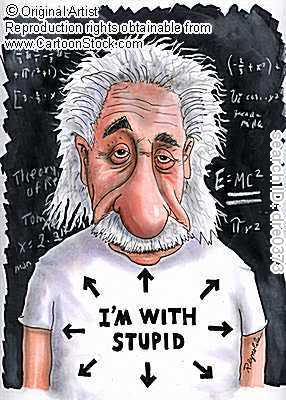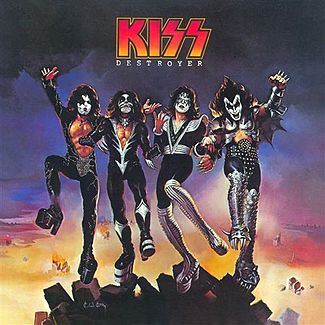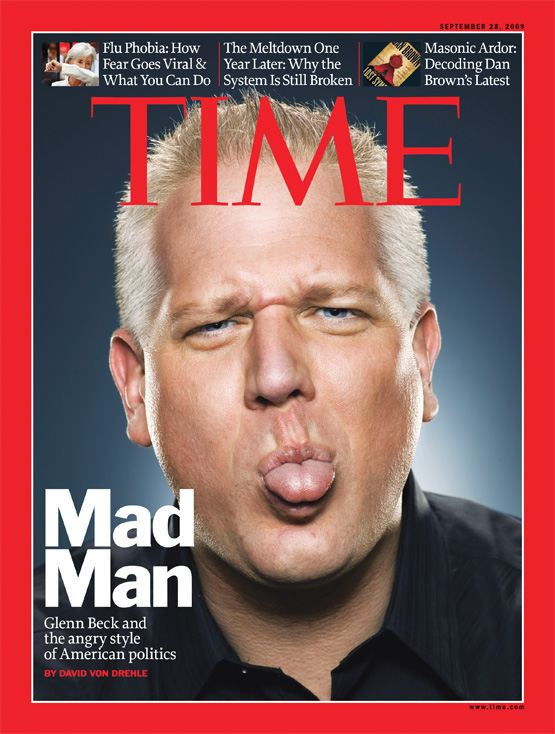This morning I posted a comment from a friend suggesting people boycott United Airlines. A reader told me that if I’m going to suggest boycotting a business, I should provide all the details so they can make a more informed decision.
It’s a fair request.
Like the person whose post I shared, I’m angry because a friend we have in common was treated badly by United personnel. Some drunk idiot harassed her in a United lounge.
He grabbed her breasts, which should have sent personnel pouncing.
They did pounce. But instead of penalizing the perpetrator, they punished the victim. They let the boob-grabber onto his flight and forbade her from boarding because she was “drunk.” She had two glasses of wine. I’ve seen people get on planes a lot more loaded than that.
My friend chronicled the experience on Twitter, which will give you the full picture.
Having said all that, I already had enough grievances against United Airlines to think a boycott was a good idea.
I’ve done a lot of traveling in my day and have used a variety of airlines.
No one has screwed me over more than United, with late and canceled flights — often caused because flight crews are disorganized and often late themselves, not to mention frequent mechanical problems that suggest United isn’t doing nearly enough to keep their planes in good working order.
They treat paying customers like cattle, consistently overbooking flights and pushing their own mistakes back onto customers.
Many industry colleagues have had similar experiences.
If you use United and have never had these problems, good for you. If you have had experiences like mine, you are entitled to take your business elsewhere.
That’s the point I wanted to make.








 Photo by Bill Brenner. The big mansion on the left is where Sharon Tate’s house once stood. Oman’s house is on the far right.
Photo by Bill Brenner. The big mansion on the left is where Sharon Tate’s house once stood. Oman’s house is on the far right.
